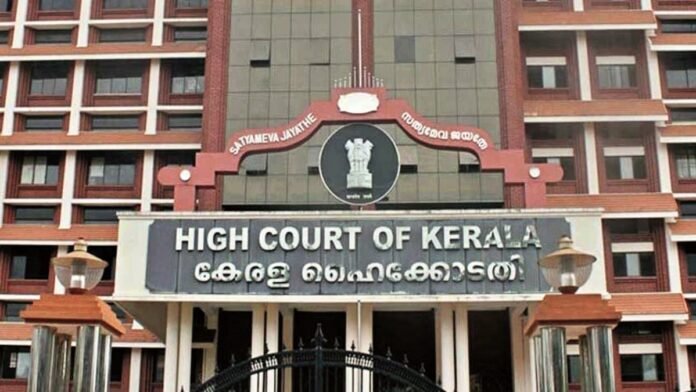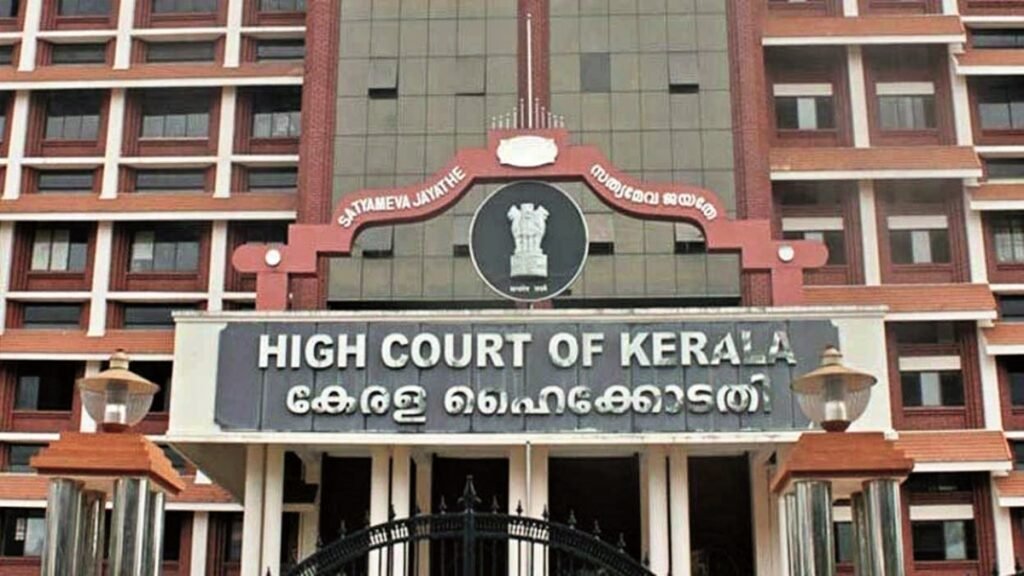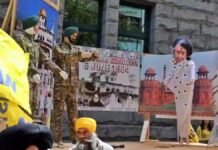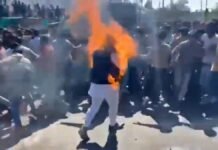
Kochi: In a landmark decision, the Kerala High Court has ruled that waving black flags in protest, even in front of a Chief Minister’s convoy, is neither an illegal act nor defamatory. The judgment, delivered by Justice B. Kurian Thomas, underscores the constitutional right to protest and marks a significant setback for the Left government in Kerala.
The ruling comes in light of police actions against several Youth Congress workers who were penalized last year for waving black flags at Chief Minister Pinarayi Vijayan during the state government’s public outreach program, ‘Nava Kerala Sadas.’
High Court’s Observations
Justice Thomas clarified that visible symbols, such as black flags, can serve as expressions of dissent but do not constitute defamation. He remarked:
- “Waving a black flag is generally a sign of protest. It is neither intended to insult nor an illegal act.”
- “Unless a specific law is enacted to prohibit such acts, they cannot be categorized as crimes or defamatory conduct.”
The court’s comments reinforce the importance of free expression as a cornerstone of democracy.
Background of the Case
The court delivered this judgment while quashing a final report filed against three individuals who had waved black flags at the Chief Minister’s convoy in North Paravur in 2017. This act of protest was aimed at drawing attention to public grievances but had resulted in legal action against the protesters.
A Victory for Democracy
The court’s decision highlights that protests, including symbolic actions like waving black flags, are integral to democratic expression. Justice Thomas emphasized that such acts are a part of a healthy democracy and cannot be arbitrarily labeled as criminal.
This verdict is expected to influence future cases involving public protests and will likely deter authorities from imposing undue restrictions on peaceful demonstrations.

Broader Implications
The ruling reaffirms the judiciary’s role in safeguarding democratic freedoms and may encourage citizens to exercise their right to dissent without fear of criminalization. It also serves as a reminder to governments to respect constitutional rights and adopt a balanced approach toward handling protests.
This case underscores the enduring strength of democratic principles and the judiciary’s commitment to protecting the voice of the people.





















































